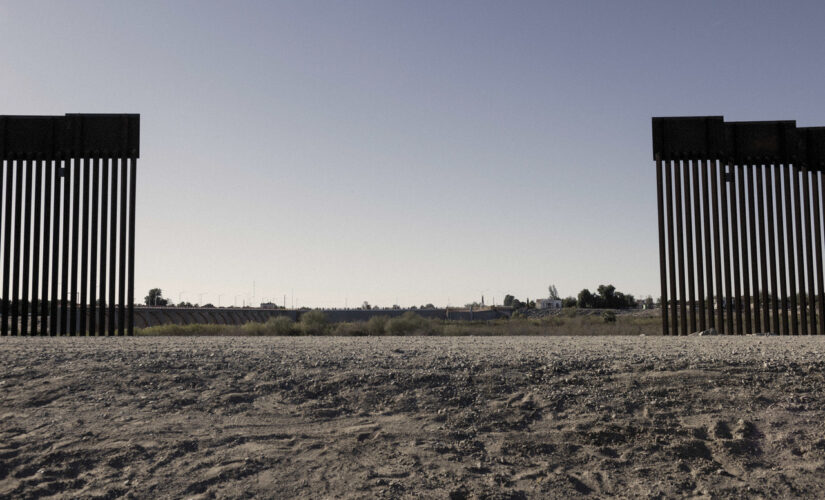NEWYou can now listen to Fox News articles!
The Supreme Court ruled Thursday that the Biden administration can repeal the Trump administration’s Migrant Protection Protocols, commonly known as the “Remain in Mexico” policy, reversing a lower court ruling.
Under that policy, migrants seeking entry into the U.S. had to stay in Mexico as they awaited hearings. The Trump administration put the policy in place so that migrants would not be released into the U.S. The Biden administration had tried to repeal the policy but was previously blocked by a lower court.
At issue was whether the Department of Homeland Security’s suspension and subsequent termination of the policy violated a federal law that requires that migrants be detained or, if they arrived from a contiguous country, sent back.
The key statute is 8 U.S.C. Section 1225, part of which says someone applying for admission “shall be detained for a proceeding” unless they are “clearly and beyond a doubt entitled to be admitted,” and part of which says if they are from a contiguous territory like Mexico, “the Attorney General may return the alien to that territory” as they await a hearing.
SUPREME COURT JUSTICES HEAR ARGUMENTS OVER ‘REMAIN IN MEXICO’ BORDER POLICY
Without the ability to detain everyone, Texas and Missouri argued in their lawsuit, sending them back when possible is necessary.
During Supreme Court oral arguments, U.S. Solicitor General Elizabeth Prelogar argued against the idea that the policy was needed to comply with federal law.
“On this reading, every presidential administration in an unbroken line for the past quarter century has been in open violation of the [Immigration and Nationality Act],” she said, adding that “if Congress wanted to mandate those results, it would have spoken clearly.”
JUSTICE CLARENCE THOMAS WON’T BE FIRED FROM GEORGE WASHINGTON UNIVERSITY DESPITE STUDENT OUTRAGE
Justice Clarence Thomas echoed this during oral arguments, questioning whether it was “odd” for Congress to pass a law that the government could not follow.
CLICK HERE TO GET THE FOX NEWS APP
Thomas also recognized during oral arguments that the government does have discretion to grant parole, although the Fifth Circuit Court of Appeals, in their ruling in the case, noted that under the relevant statute this is to be done “only on a case-by-case basis,” and not as a general policy applicable to any situation.
This is a developing story. Check back for more details.




